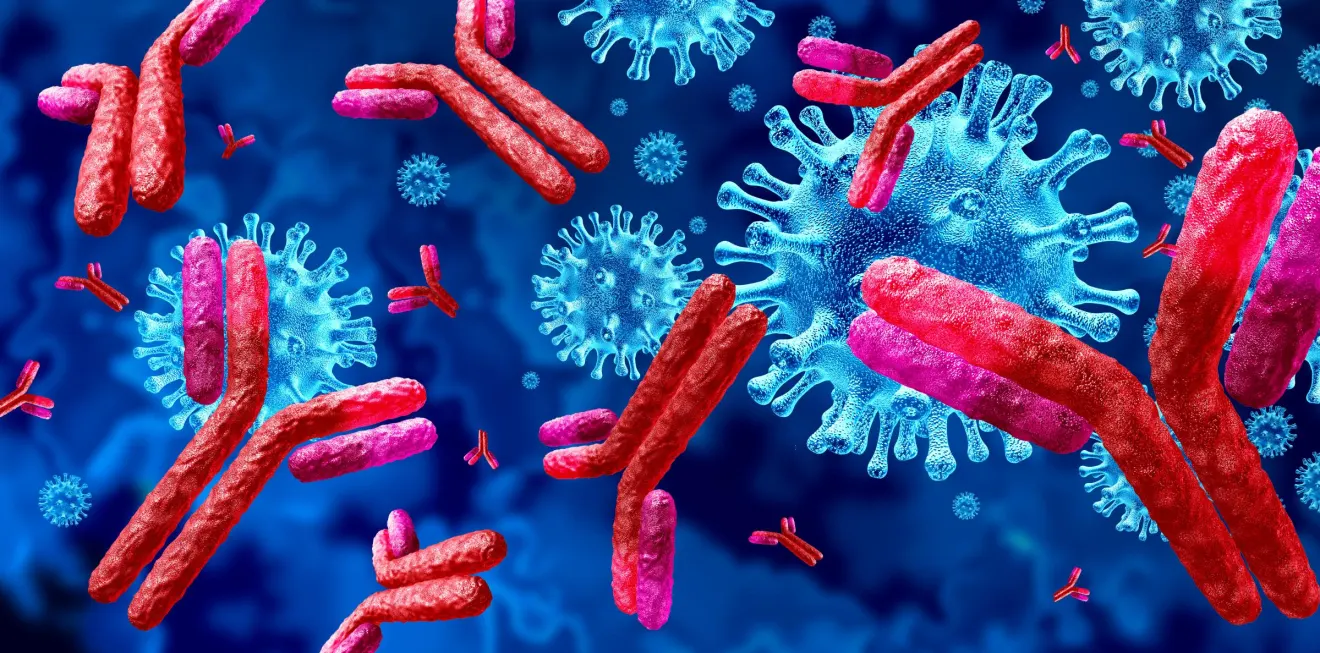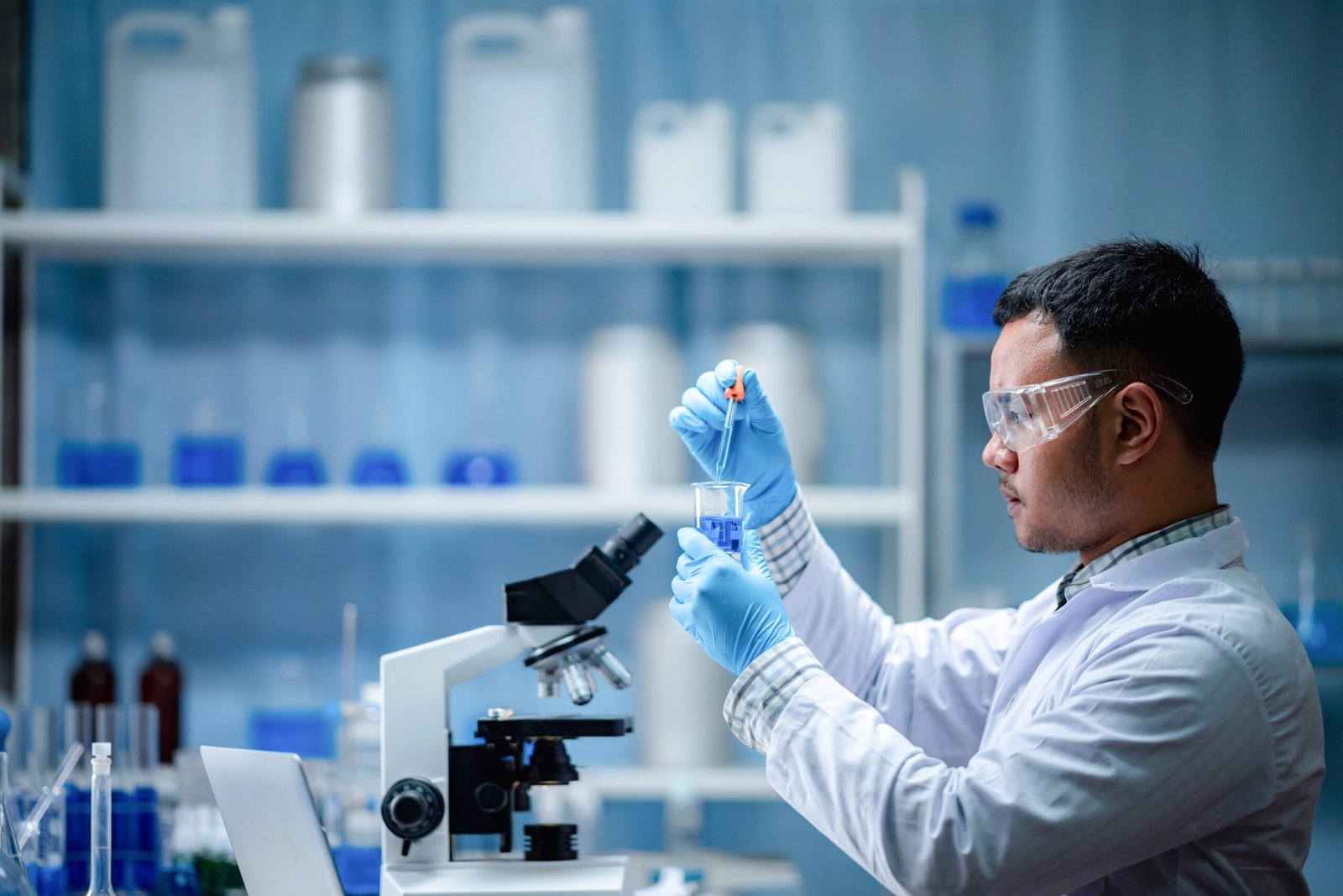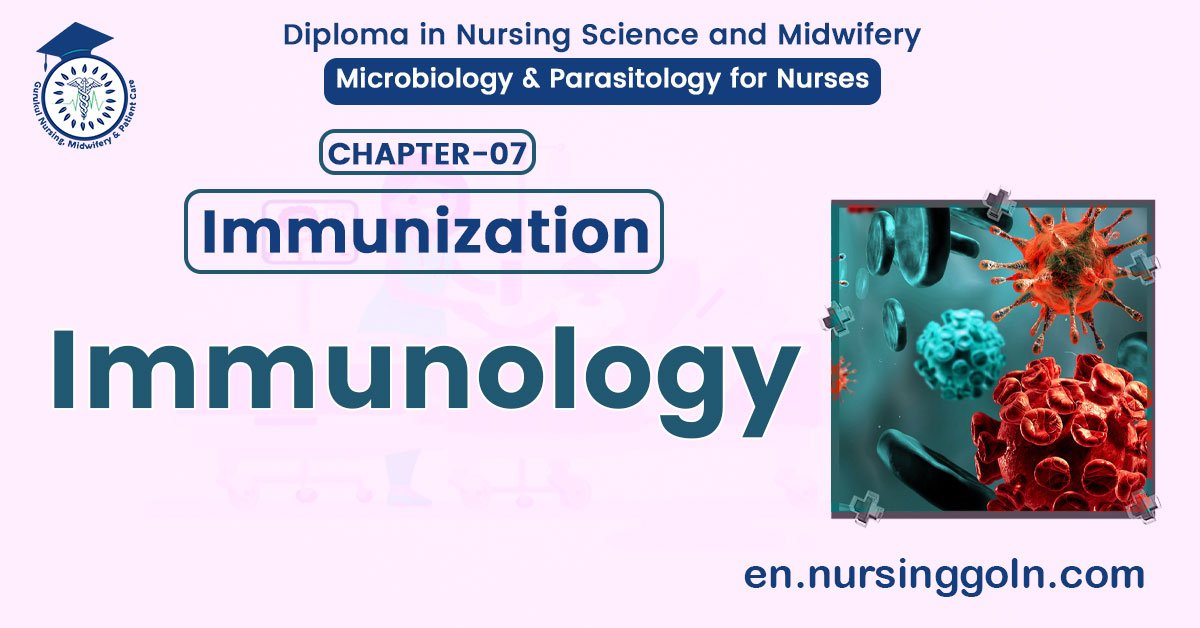Definition of Immunology – Basic microbiology, parasitology, and immunology; nature, reproduction, growth, and transmission of common microorganisms and parasites in Bangladesh; prevention including universal precaution and immunization, control, sterilization, and disinfection; and specimen collections and examination. Students will have an understanding of common organisms and parasites caused human diseases and acquire knowledge about the prevention and control of those organisms.
Definition of Immunology
Immunization is the process of introducing some form of disease causing organism into a person’s system in order to cause the development of antibodies that well resist that disease. A global immunization program known as expanded programme on immunization (EPI) aims to protect all children of the world against six vaccine preventable diseases, namely -Diphtheria, whooping cough, tetanus, polio, tuberculosis and measles.
To make EPI a success the activities for achieving universal child immunization in accordance with 4 point action programme should be adopted in Bangladesh depending upon the need and conditions: promotion EPI within the context of primary health care, investment of adequate human resources for EPI, investment of adequate financial resources for EPI and immunization coverage monitoring.
The word Immunology is derived from the word ‘Immunis’ which is a Latin word meaning ‘free from burden

Immunology can be defined in many ways
- The most simplified definition is “The branch of medical science which deals with immunity.
- The comprehensive definition is “That branch of medical science which deals with the study of development and function of both cellular and humoral components of the immune system by which the body reacts to expel, destroy or neutralize foreign substances including pathogenic microorganisms.
Application of Immunology in Medical Science

1. Diagnosis of diseases: By detecting antibody or antigen, it helps in diagnosis of many diseases.
2. Understanding disease process: Immunology can explain in many occasions the pathogenesis of infectious, autoimmune, neoplastic and many other diseases which once were thought as diseases of unknown etiology.
3. Prevention and treatment of diseases: e.g. active & passive immunization by vaccines & immunoglobulins against many diseases.
4. Blood transfusion serology: e.g. blood grouping, typing and cross-matching in blood transfusion.
5. Tissue typing and histocompatibility testing: Necessary for successful organ transplantation.
6. In forensic medicine: Paternity testing, stain identification (blood, semen etc.), meat testing.
Branches of Immunology
1. Classical immunology: It studies the relationship between the body systems, pathogens and immunity.
2. Immunochemistry: Deals with the chemical nature of Antigen (Ag), Antibody (Ab) and their interactions.
3. Immunobiology: Related to biologic functions of the cells and tissue components of the immune system.
4. Immunogenetics: Deals with the study of immunoglobulin genes & the genetic basis of immune response.
5. Clinical immunology: Deals with pathogenesis, diagnosis & treatment of immune- mediated diseases.
6. Immunotherapy: Deals with prevention & treatment of diseases by immunological means, e.g. vaccination, immunoglobulin therapy, desensitization etc.
7. Immunohaematology: Deals with immunological basis involved in different haematological disorders.
8. Intmunopharmacology: Deals with the pharmacological actions of different secreted molecules in immune responses.
9. Serology: Deals with the study of immune reactions mediated by antibodies or immunoglobulins present in the serum.
10. Reproductive immunology: Deals with the study of immunological aspects of the reproductive process including fetus acceptance.
